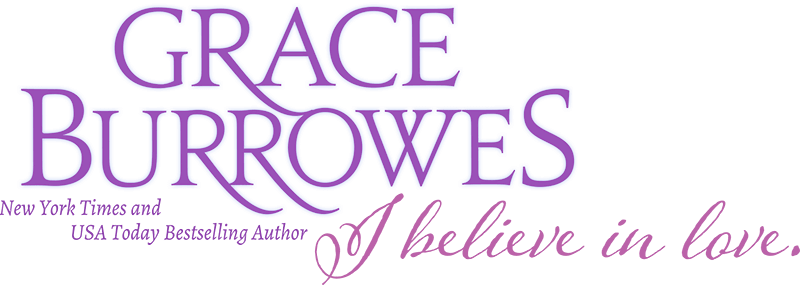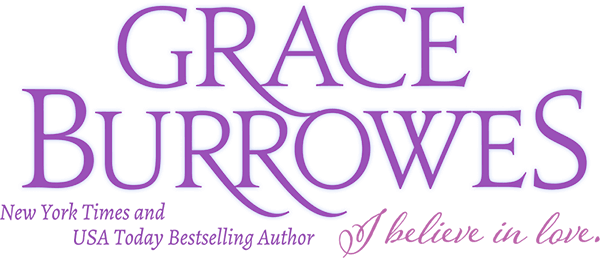I DO have one piece of advice for aspiring writers: Write more than you aspire to write. Hammer away at a novel, a collection of short stories, a volume of poetry, until you have something completed in draft, and ignore all the noise. Then hammer away at the next project.
Story time: I’d been writing for a couple years, FOR FUN, because I enjoyed it, and I got tired of family and friends elbowing me about “when are you going to get that stuff published?” I hadn’t been writing for publication, but what the heck, why not give it a shot? People–me among them–had been known to pay money for books, and being a lawyer had become wearying.
So I joined RWA and I went to a small (about 150 people) conference. GAAAH! Everybody there knew each other, and they all had tremendous energy (I’m pretty uniformly whamped). They blathered on confidently about WIPs, and GMC charts, saving the cat, story mastering, and pitch appointments and I had NO CLUE what any of it meant. Eventually, some kind soul explained the Goal, Motivation and Conflict (GMC) chart to me, and immediately, my remaining joy and confidence spiraled down.
That was basic stuff and I didn’t know it. I hadn’t had an inkling what a pitch appointment was (you pitch your book to an agent or editor), I didn’t have a WIP (work in progress), I usually had several and that had to be a bad thing because nobody else worked that way. I left the conference a writing wreck.
Silly me. MANY of those energetic, knowledgeable, fast pitching, GMC’ing hot shots are still not published. I’ve stumbled my way onto bestseller’s lists, starred reviews, reviewer’s choice awards, and other honors. I’m convinced that part of my success is because I wrote and wrote and wrote rather than paid any attention to what people who were no more successful than I had to say about the process.
Don’t listen to the noise, don’t do it the way “they” do it just because it’s working for them. Listen to your characters, listen with your writer’s ear and your writer’s heart. Work on your craft–of course, always work on your craft–but leave the anxiety and subtle competition and posturing to others.
You write.










